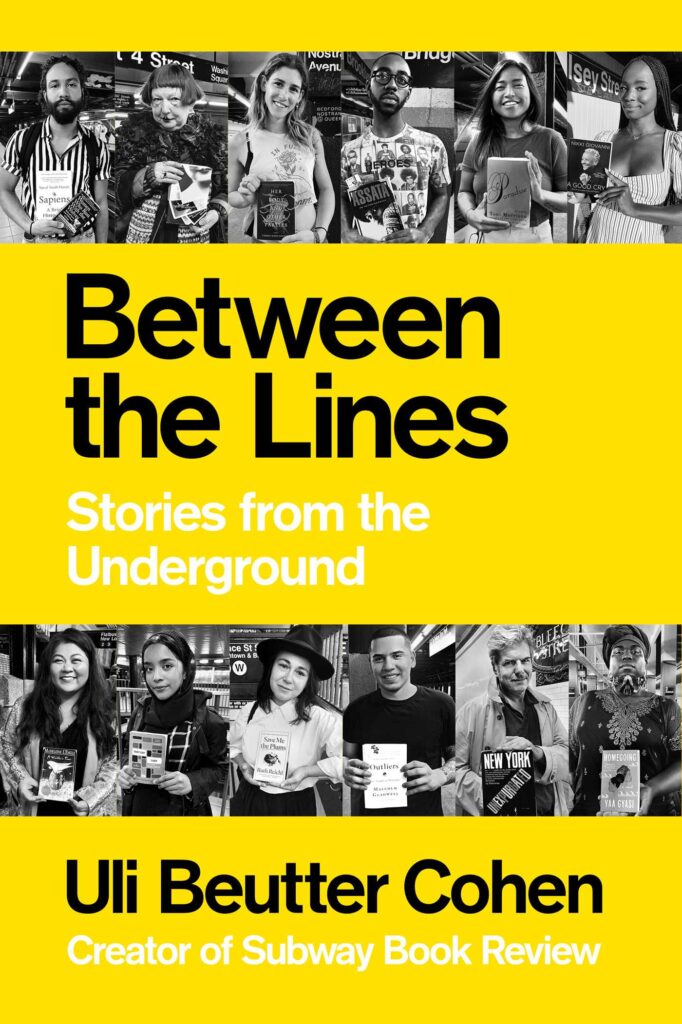
For passionate travelers, the past two years have been a tough stretch. Confined largely to their homes and immediate environs, without the sightseeing, socializing, and serendipities that sustain them on their journeys, many turned to books as windows on the world. David Damrosch, a professor of comparative literature at Harvard whose love of globetrotting is on par with his bibliophilia, took that notion to a fascinating extreme, spending May to August of 2020 rereading 5 books a week and blogging about them. Each week’s works had a deep connection to a particular city, country, or region. Damrosch’s notes on those volumes have been collected and developed into a tome of their own: Around the World in 80 Books (Penguin Press. $30.). The London chapter concocts a complex portrait of the city, drawing on titles including Virginia Woolf’s Mrs. Dalloway, Charles Dickens’ Great Expectations and Arthur Conan Doyle’s The Complete Sherlock Holmes. Paris, New York, and Tokyo are also represented, but Damrosch is most appealing when his ink-stained wanderlust leads us to places and pages that are off the beaten path; some readers may have never previously ventured into literature about Krakow, Calcutta, or Tehran (Damrosch’s picks there range from a contemporary graphic novel to work of 19th Century poetry). And who knew there was a significant body of literature concerning Bar Harbor, Maine. Damrosch’s idiosyncratic intellectual itinerary is a gift that will inspire many a book group and inform many readers’ future travels.

A wildly different project that also combines books and travel is showcased in Uli Beutter Cohen’s Between the Lines: Stories from the Underground (Simon & Schuster. $28), which grew out of her instagram account called @subwaybookreview. A cousin-of-sorts to Brandon Stanton’s popular Humans of New York collections, this is a wonderful dip-in-dip-out compilation of brief interviews, each of which springs from Cohen approaching a stranger in the New York subway system and asking them about what they’re reading. Cohen reveals the value of books as bridges, serving as catalysts for conversations between people who might otherwise never connect. Book chat frequently morphs into broader topics: asking about a self-help tome can lead to tales of striving and personal ambition; inquiring about a novel often inspires frank talk about how the reader sees themselves reflected in a character or situation; and questions about cookbooks can lead down a rabbit hole of sensory memories and nostalgia for faraway homes. “The more I talk to readers in the underground,” writes Cohen, “the more I realize that books are a reflection of our identities and souls. Books reflect everything we are and everything we wish we could be.”
